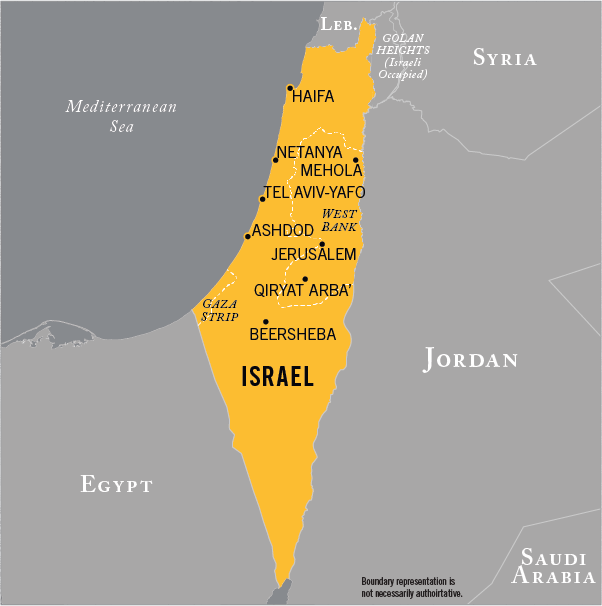TERRORIST GROUPS

BACKGROUND
HAMAS formed in late 1987 at the beginning of the first Palestinian intifada (uprising). Its roots are in the Palestinian branch of the Muslim Brotherhood, and it is supported by a robust sociopolitical structure inside the Palestinian territories. The group’s charter calls for establishing an Islamic Palestinian state in place of Israel and rejects all agreements made between the PLO and Israel. HAMAS’ strength is concentrated in the Gaza Strip and areas of the West Bank.
HAMAS has a military wing known as the Izz al-Din al-Qassam Brigades that has conducted many anti-Israel attacks in both Israel and the Palestinian territories since the 1990s. These attacks have included large-scale bombings against Israeli civilian targets, small-arms attacks, improvised roadside explosives, and rocket attacks.
The group in early 2006 won legislative elections in the Palestinian territories, ending the secular Fatah party’s hold on the Palestinian Authority and challenging Fatah’s leadership of the Palestinian nationalist movement. HAMAS continues to refuse to recognize or renounce violent resistance against Israel and in early 2008 conducted a suicide bombing, killing one civilian, as well as numerous rocket and mortar attacks that have injured civilians. The US Government has designated HAMAS a Foreign Terrorist Organization.
HAMAS in June 2008 entered into a six-month agreement with Israel that significantly reduced rocket attacks. Following the temporary calm, HAMAS resumed its rocket attacks, which precipitated a major Israeli military operation in late December 2008. After destroying much of HAMAS’ infrastructure in the Gaza Strip, Israel declared a unilateral cease-fire on 18 January 2009.

HAMAS and Fatah in April 2011 agreed to form an interim government and hold elections, reaffirming this pledge in February 2012. HAMAS departed its long-time political headquarters in Damascus in February and dispersed throughout the region as Syrian President Bashar al-Asad’s crackdown on opposition in the country made remaining in Syria untenable for the group. In May 2012, HAMAS claimed to have established a 300-strong force to prevent other Palestinian resistance groups from firing rockets into Israel. Conflict broke out again in November. While HAMAS had worked to maintain the cease-fire brokered by Egypt that ended the week-long conflict, other Palestinian militant groups flouted the cease-fire with sporadic rocket attacks throughout 2013 and 2014. Fatah and HAMAS in April 2014 agreed to form a technocratic unity government headed by PA Prime Minister Rami Hamdallah and to hold legislative elections within six months. HAMAS has not renounced violent resistance against Israel even while pursuing reconciliation with Fatah.
In July 2014, the uneasy calm between HAMAS and Israel broke down completely after three Israeli teenagers were kidnapped and killed in the West Bank in June—deaths ascribed by Israel to HAMAS—and a Palestinian was killed by Israeli settlers in revenge. Retaliatory rocket attacks by HAMAS’s military wing and other Palestinian militants in the Gaza Strip escalated into the longest and most lethal conflict with Israel since 2009.
INFORMATION UPDATED AS OF JANUARY, 2014.



